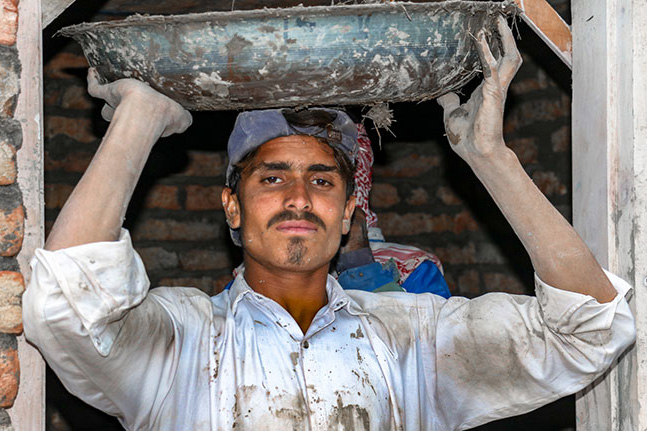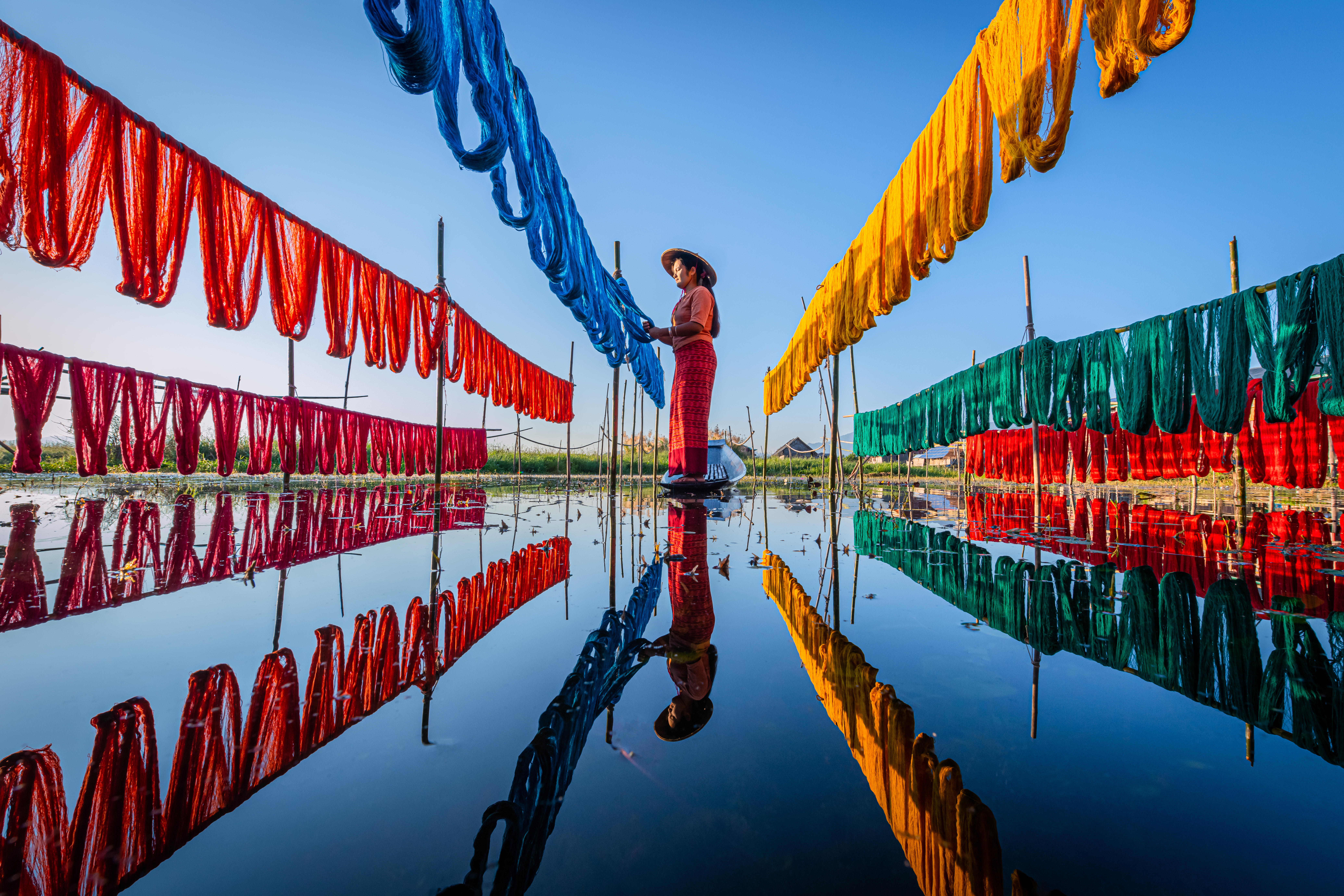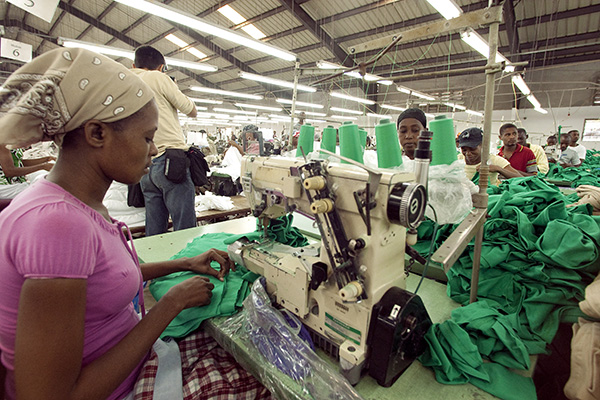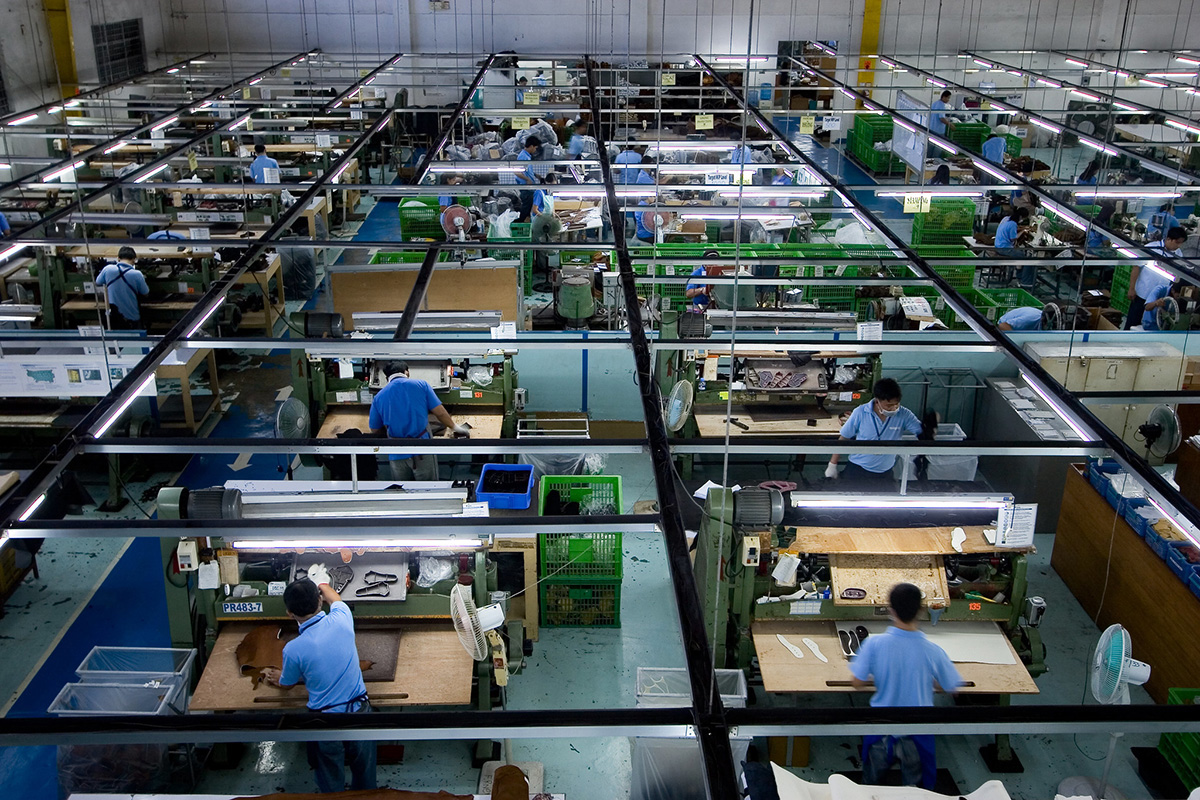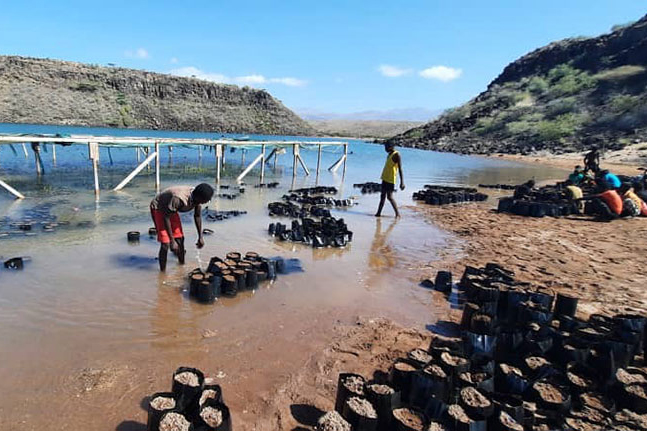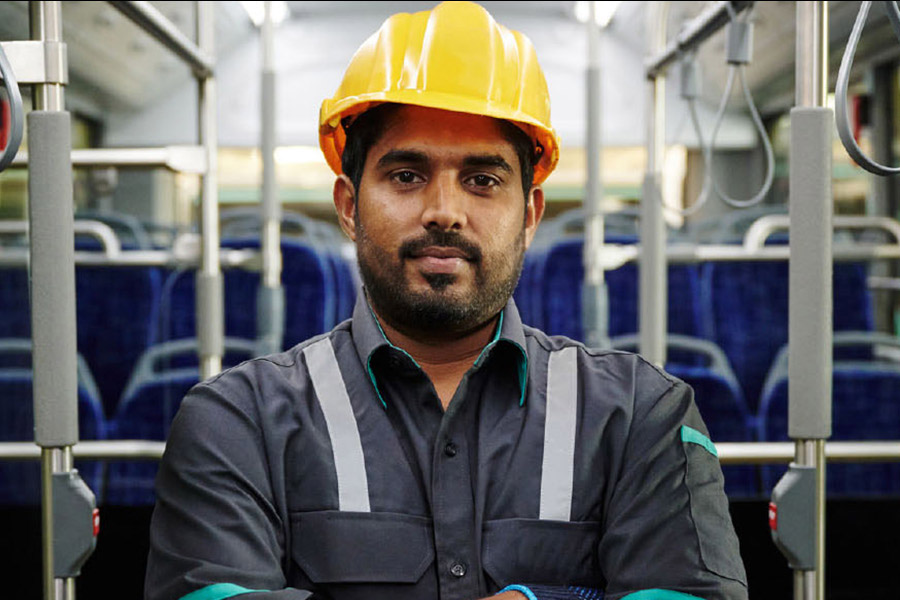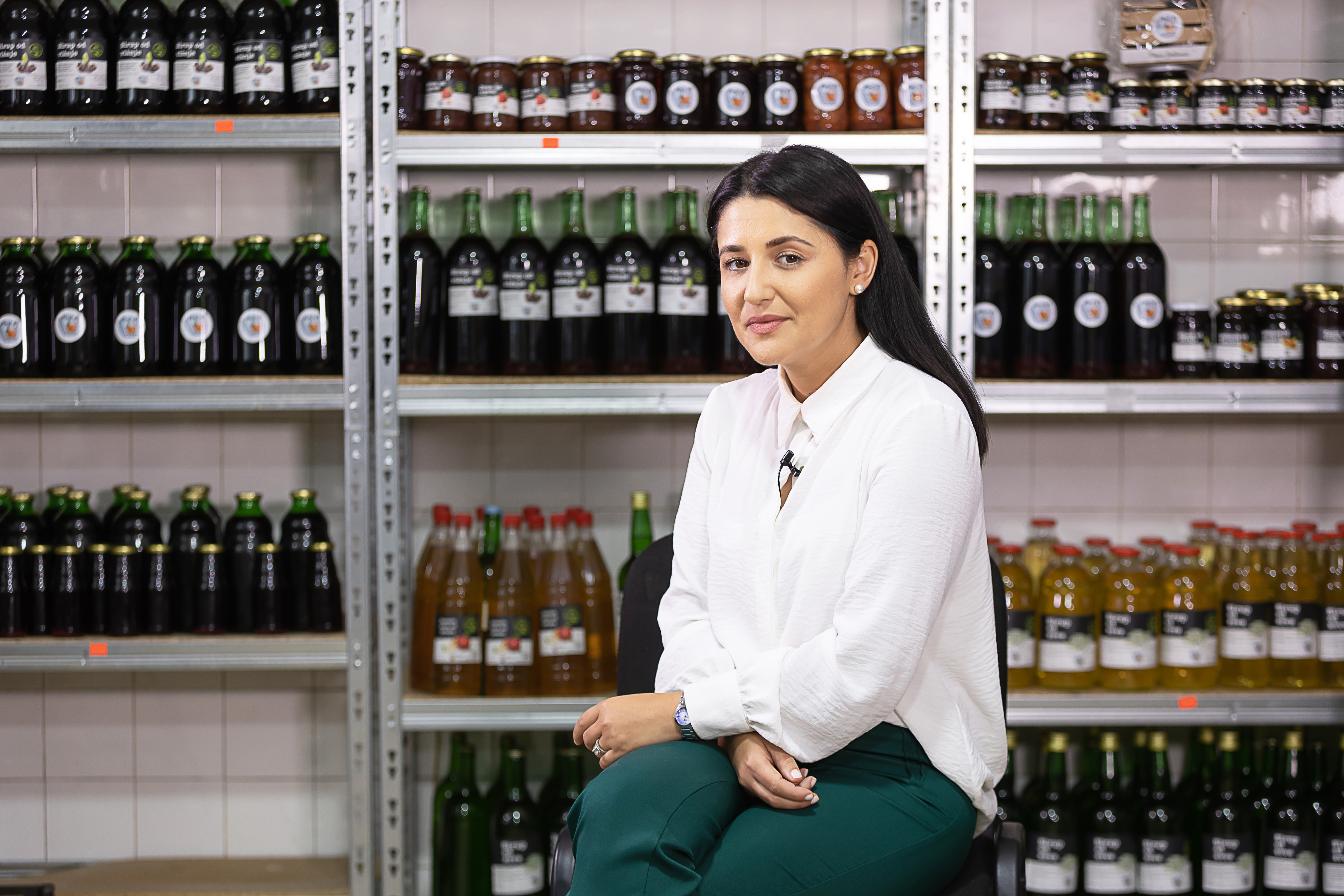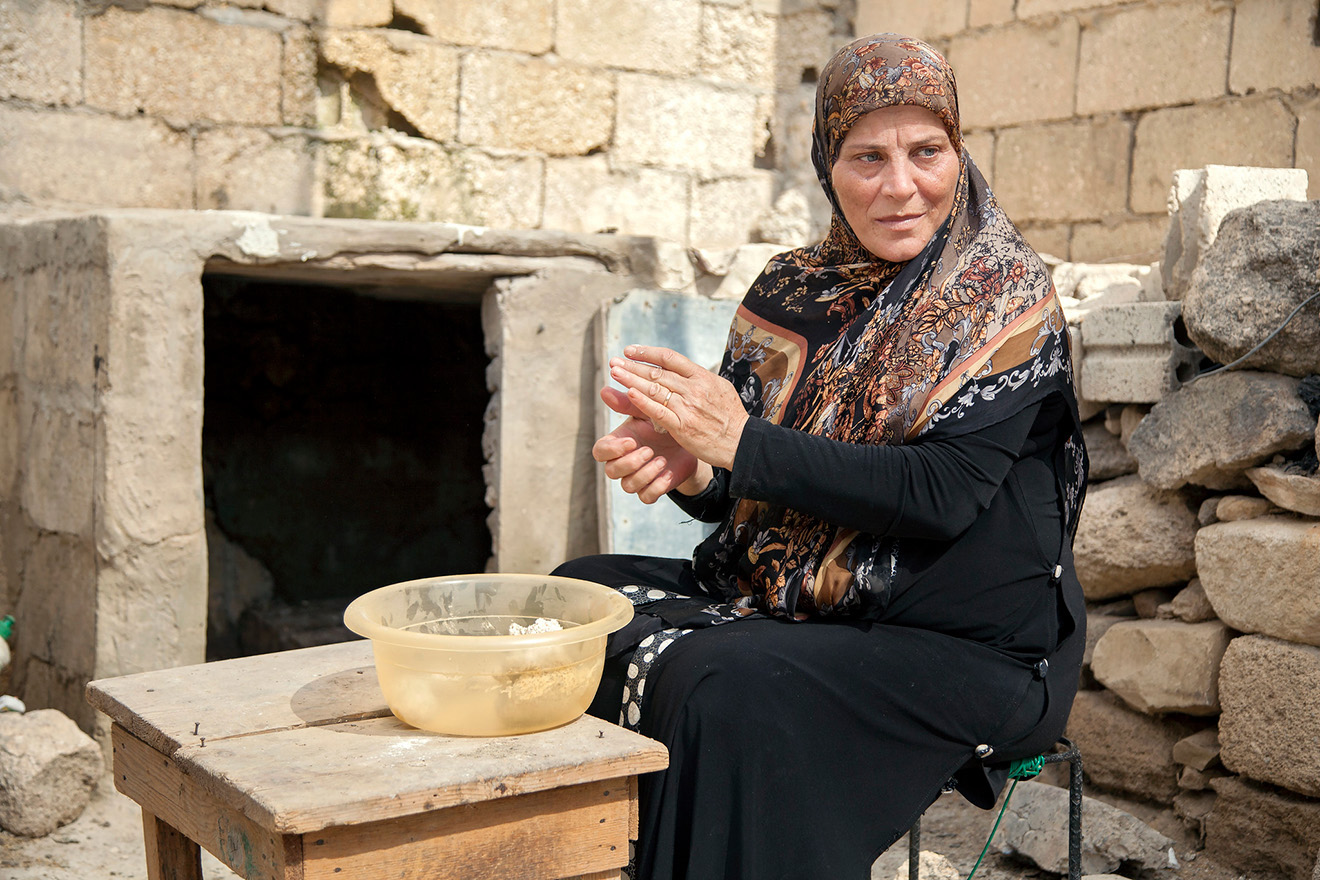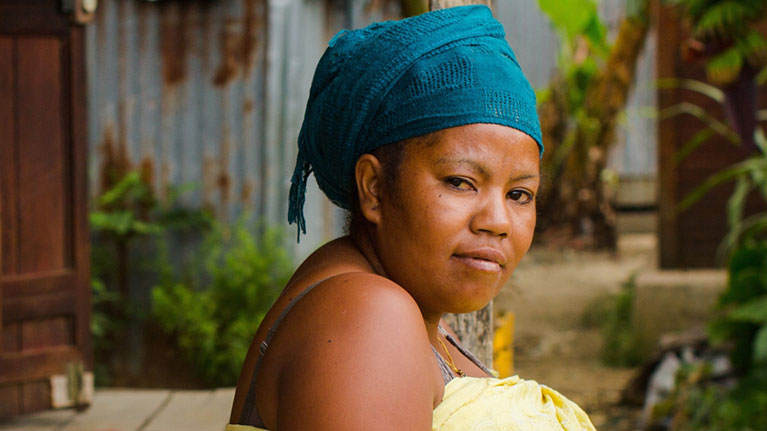Mutually reinforcing crises, including rising debt levels, are disproportionately affecting developing countries, worsening the global employment divide between high-income and low-income countries and widening existing inequalities exacerbated by the COVID-19 pandemic. While global unemployment in 2023 is expected to fall below pre-pandemic levels – to 191 million, corresponding to a global unemployment rate of 5.3 per cent – estimates show that low-income countries remain far behind in the recovery process , according to the ILO Monitor on the World of Work.
Employment
The transition to a circular economy could lead to the creation of millions of new jobs. At the same time, this shift calls for informed policies that promote both job quality and environmental sustainability. However, a new ILO report has shown a lack of research in developing countries, where the vast majority of waste management and recycling jobs are located. It has been estimated that a total of seven to eight million new jobs could be created in the circular economy, where all forms of waste, such as clothes, scrap metal and obsolete electronics are reused, recycled and refurbished.
In June 2022, the International Labour Conference decided to include “a safe and healthy working environment” in the ILO’s framework of fundamental principles and rights at work. This year, the ILO celebrates this decision on World Day for Safety and Health, bringing together experts and constituents to discuss the implications it has for the world of work. Join the ILO global dialogue on how to implement a safe and healthy working environment as a fundamental principle and right at work from 7:30 a.m. to 9:00 a.m. EDT.
The current global economic slowdown is likely to force more workers to accept lower quality, poorly paid jobs which lack job security and social protection, accentuating inequalities. The World Employment and Social Outlook: Trends 2023 (WESO trends), projects that employment growth will be only 1 per cent in 2023, less than half the level in 2022, and unemployment is slated to rise slightly. The ILO report pays particular attention to the impact of the different crises on productivity, job quality and job opportunities and how these trends risk undermining social justice around the world.
Reduced working hours and more flexible working time arrangements, such as those used during the COVID-19 crisis, can benefit economies, enterprises and workers, and lay the ground for a better and more healthy work-life balance, according to a new ILO report. The report, Working Time and Work-Life Balance Around the World, looks at the two main aspects of working time; working hours and working time arrangements (also called work schedules) and the effects of both on business performance and workers' work-life balance.
Investing in policies that support Nature-based Solutions would generate significant employment opportunities, particularly in rural areas, if the transition is fair and inclusive, says a new report by the ILO.
ILO presents Linda Sarmento, who was disabled as a child. She was determined to go to school and later found work where she could. The COVID-19 pandemic however has made it harder. Mozambique’s social protection benefit has ensured that she meets her basic needs and helps her daughters attend school.
Over the last decade, reports of labour exploitation of migrants and even forced labour have been widespread. After a complaint in2014, following a period of intense negotiations, the State of Qatar and the ILO launched a programme to support major labour reforms.
In the midst of interlinked crises around the world threatening progress on women’s rights and pushing women out of the paid economy, UN Women Goodwill Ambassador Anne Hathaway called on leaders of the global business community to put women at the heart of economic growth and recovery. UN Women has observed that care that is appreciated and properly valued in all its forms is a critical missing link in unlocking the full potential of women in the economy and in society. Watch the video to find out more.
Merima Kukić Gego is a young entrepreneur who, during the COVID-19 crisis, set up a food and tourism business in rural Bosnia and Herzegovina, with help from an ILO project.
Research by the ILO and the WHO has found that billions of working days – and billions of dollars – are lost every year because of work-related mental health issues. What are the psychosocial risks associated with modern workplaces, and can we make mentally healthy workplaces the new norm? In this episode of the Future of Work Podcast, Susanna Harkonen, WHO’s Pan-European working group on workplace mental health, and Nina Hedegaard Nielsen, occupational health and safety at The Danish Confederation of Professional Associations, explore how we can improve psychosocial health and safety at work.
Global food and energy markets are feeling the strain of the war. According to the latest UN Women report, the current disruption to the food and energy markets has only intensified gender disparities, causing rates of food insecurity, malnutrition, and energy poverty. The ensuing cost-of-living crisis has acutely threatened women’s livelihoods, health, and well-being. Empowering rural women means fighting poverty. This International Day of Rural Women (15 Oct) let’s claim rural areas with equal opportunities for all.
ILO invites journalists to submit articles showing media coverage on labour migration and fair recruitment, to recognize their contribution to the elimination of xenophobia and discrimination.
Many artists and cultural professionals face precarious employment conditions with short and unstable contracts that lack social protection. But art is essential to society and the world is richer for it. UNESCO advocates for artists and cultural professionals around the world.
In Burkina Faso, Latifatou dreamt of becoming a seamstress to escape poverty and child labour. Thanks to support from the CLEAR Cotton project, her dream is about to come true.

